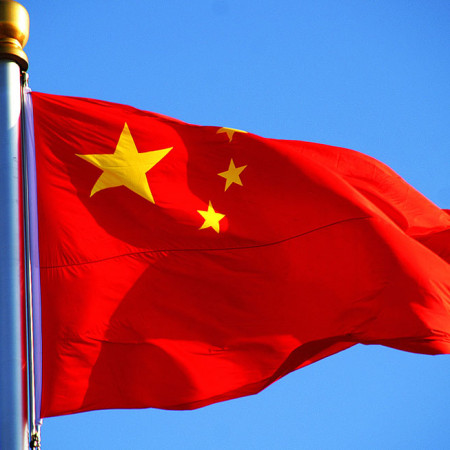At the completion of the summit between President Obama and President Hu, there was little doubt that China sees itself as a global power on equal footing with the United States. During his visit, President Hu had several important messages for U.S. companies. While the $45 billion in contracts that were signed during the summit received much attention, it’s important to look beyond that.
China’s Message to U.S. Businesses
“We don’t mind if you want to sell us more goods and services. We’ll buy.”
U.S. companies currently export around $100 billion of goods and services to China annually, making it one of the largest purchasers in the world of U.S. goods and services. Currently China is our second largest trading partner overall, behind Canada and ahead of Mexico. Chen Deming, China’s Commerce Minister, indicated recently at a business conference in Chicago that they “hope” U.S. exports to China double to $200 billion by 2015. An extra $100 billion in exports would provide tremendous opportunities for U.S. companies — especially small businesses — to expand. China has relationships with key cities and states across the country and purchases are not simply concentrated among a few large companies.
“OK. We’ll consider giving you a shot at selling directly to the government…”
As China’s continues its economic expansion, infrastructure consumes billions of dollars of investment capital weekly. This investment program is administered by the Chinese government which has an inherent preference for domestic companies in the procurement of services and equipment. U.S. and European companies have been largely shut out of this market. According to the American Chamber of Commerce in Shanghai, the second, third and fourth biggest complaints by U.S. companies respectively are: Preferential treatment of domestic companies by regulators; lack of transparency on the part of regulators; and government contracts being awarded to Chinese rivals without justification.
During the summit, these concerns were raised by several CEOs and President Obama. China has subsequently agreed to submit its government procurement policies and practices to the World Trade Organization for review before the end of the year. This begins the process of raising China’s procurement practices to internationally-accepted standards. These standards provide for greater transparency and will open tens of billions of dollars in procurement contracts to U.S. companies. Equipment providers, engineering firms, architectural firms, and other sectors will benefit.
Want more international business advice? Check these stories out:
“…but don’t expect us to change course on our current strategy. You’re on your own there.”
One area where China will not budge is on its exchange rate with its trading partners, especially the U.S. Like any market, currencies are priced based on supply and demand. U.S. companies are expected to buy around $250 billion more in Chinese goods and services than Chinese companies will buy in U.S. goods and services. As the buying and selling takes place, currency needs to be exchanged.
Go to the article: China’s Message to U.S. Businesses
